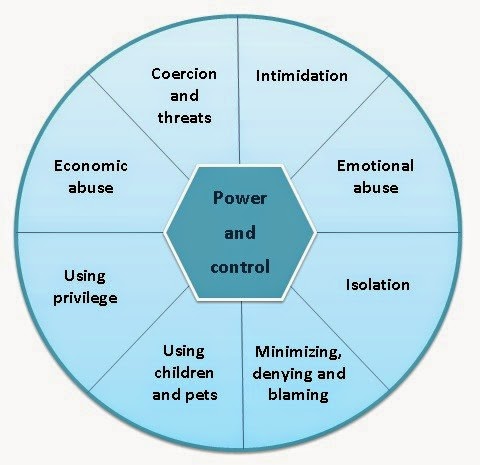As far as convictions go, a first-time domestic battery charge isn’t too bad. On top of just a short jail stay, the fines are relatively cheap, and the other obligations aren’t too heavy. All in all, a defendant can go through their sentence without much trouble.
Remember that things can easily come to a head in such cases, however. A little bit of evidence or a surprise testimony can easily transform the charge into a more serious one, making it more difficult for the defendant to get a dismissal or not-guilty verdict. Let’s look at 4 cases that can turn a first domestic battery charge into a felony.
Strangulation
Domestic battery cases often involve the use of bare hands and/or feet to inflict physical pain on a victim. The damage is fairly visible at first glance and can lead to a conviction if a sure link to the defendant can be determined. However, if neck damage due to strangulation is confirmed, the battery case is automatically escalated to a felony charge. Strangulation may involve bare hands or any device that can be wrapped around the neck, like rope.
Use of a Deadly Weapon
A battery remains a battery if the offender only used a part of their body to inflict injuries on the victim. However, if they use an item that puts the victim at risk of death, the first offense automatically escalates to a felony. Examples of deadly weapons include knives, heavy blunt objects, or guns.
Substantial Bodily Harm
Battery cases are still considered misdemeanors if the victim sustained relatively light injuries. That is, the injuries did not interfere with their everyday functions. However, if the victim actually suffered enough that their body was temporarily or permanently prevented from functioning normally, that constitutes a count of substantial bodily harm. Such situations automatically merit a felony charge for the defendant.
Previous Domestic Violence Convictions
Some felony charges come into effect automatically when the defendant is a repeat offender. In the case of a domestic battery charge, the defendant must have had at least two prior convictions for related charges in the past. This only comes into effect if the previous verdicts were handed down within the past seven years.
Felony domestic battery charges can be difficult to defend against, but they can be overcome. Get in touch with a veteran domestic violence lawyer in Las Vegas to represent you.






